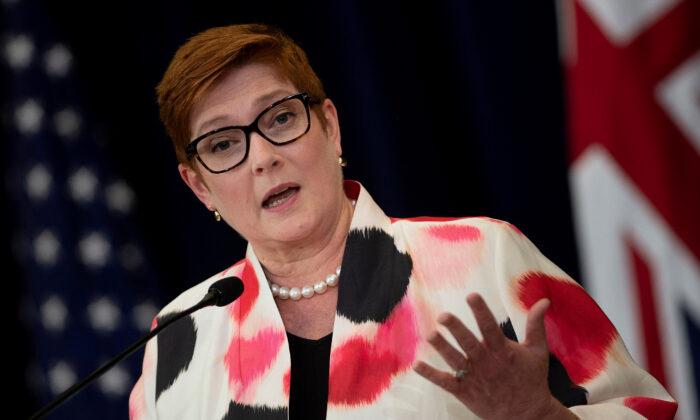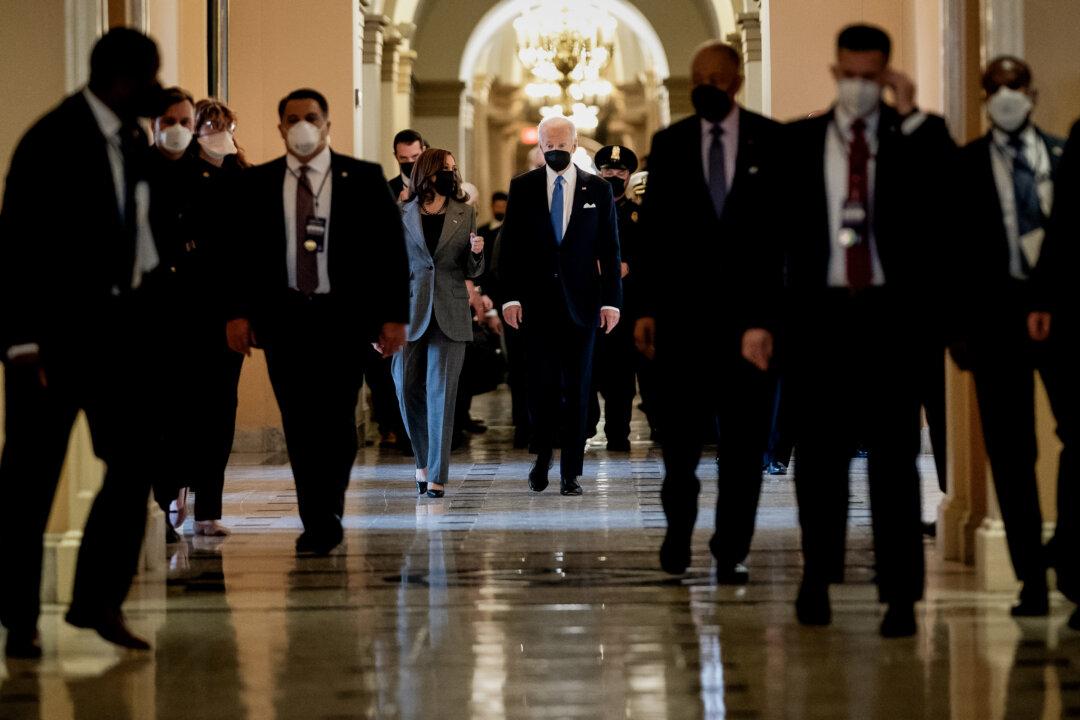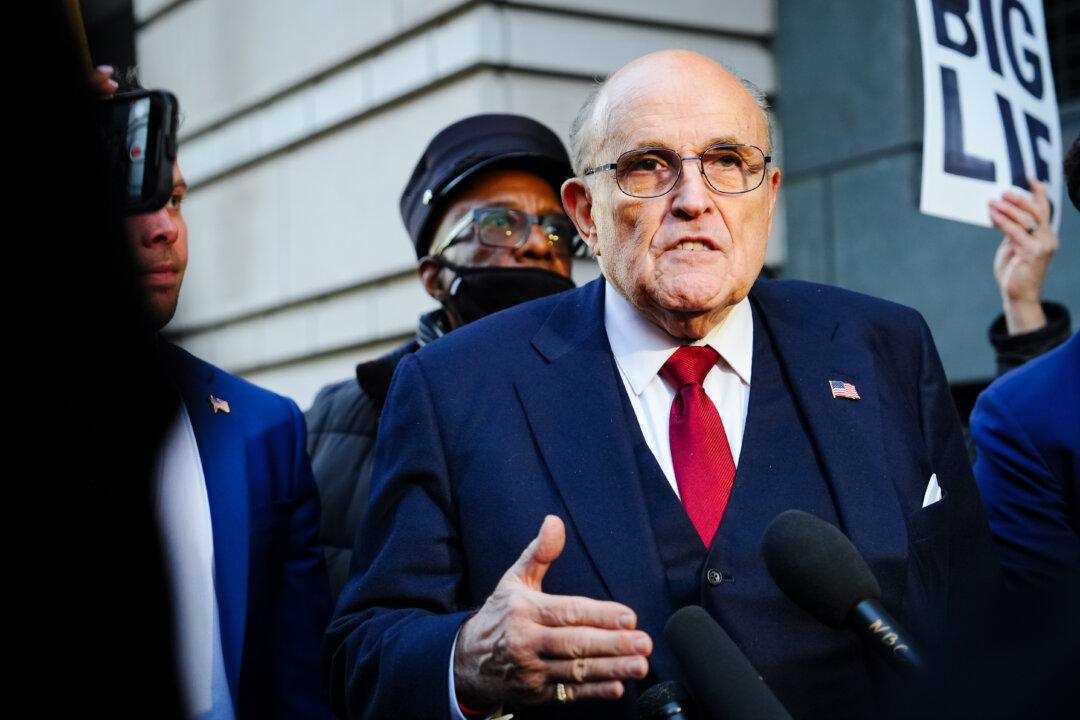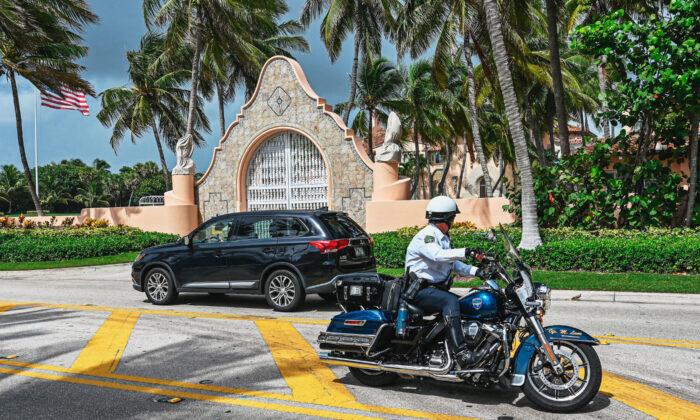The “malign activity” of the Chinese regime not just in the Indo-Pacific, but around the world, was the focus of bilateral talks between Australia and the United States in Washington on July 28.
U.S. Secretary of State Mike Pompeo and U.S. Secretary of Defense Mark Esper hosted Australia’s Minister for Foreign Affairs Marise Payne and Minister for Defense Linda Reynolds in Washington for the 30th Australia-United States Ministerial Consultations (AUSMIN 2020).
Both countries promised to ramp up joint military efforts in the Indo-Pacific region to counter the “longer-term challenges” of China’s ambitions.
Pompeo commended Australia for standing up for “democratic values and the rule of law, despite intense, continued, coercive pressure from the Chinese Communist Party,” which he called “unacceptable.”
Indo-Pacific Security
The talks between Australia and the United States were dominated by the alliance’s response to China’s aggression in the Indo-Pacific region.Payne said she and her counterparts agreed it was essential that the alliance remains “well-positioned” to respond to the COVID-19 pandemic as well as the longer-term economic and security challenges posed by the Chinese regime “that have emerged, not just in the past six months but in recent years.”
Both countries agreed to strengthen defence cooperation, including force posture in the Indo-Pacific.
Pompeo noted recently that it was not just Australia’s burden alone to stand up for democratic values.
“The United States knows the threats that you (Australia) and the rest of the free world face. And the United States stands with you in our unbreakable alliance,” said Pompeo on July 28.
“The rules-based global order is a constant,” Payne said. “We reiterated our commitment to holding states to account when they breach international norms and laws, as we have done and will continue to do so in relation to China’s erosion of freedoms in Hong Kong.”
Australia’s defence minister, Linda Reynolds, said Australia and the United States were both “experiencing a profound change in the geopolitical framework that underpins our security but also our prosperity. So now more than ever, we must put a premium on ensuring the alliance continues to serve both our nations’ interests.”
Reynolds announced that a commercially operated military fuel reserve is to be established in Darwin, funded by the United States.
She said: “Today, we reaffirmed the importance of working with partners to strengthen sovereignty and also resilience to coercion. Our alliance is in great shape, but we cannot ever take it for granted.”





